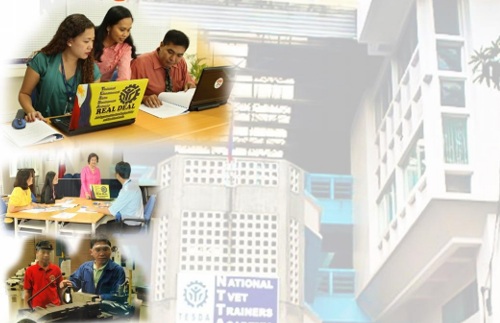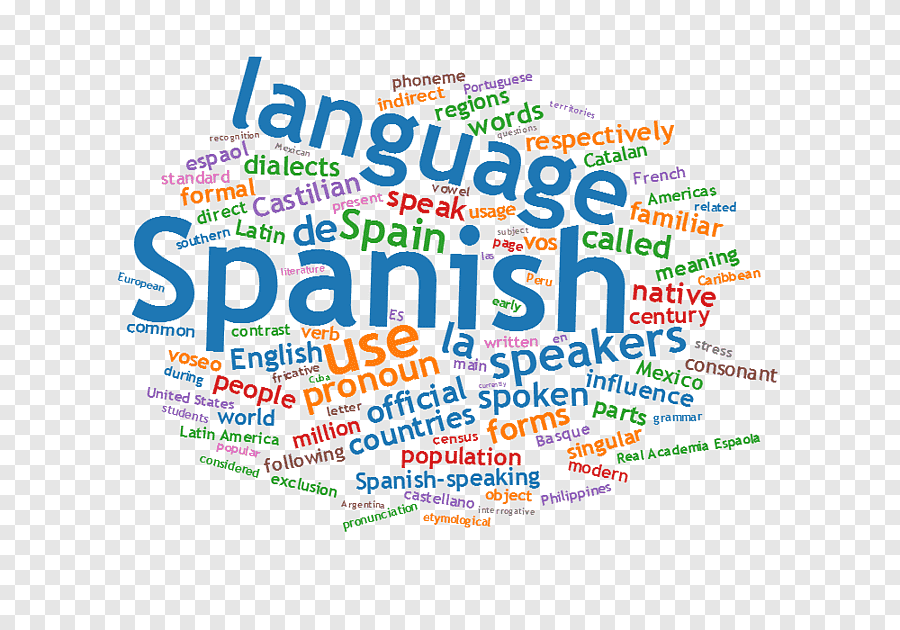-
Welcome to BCAT

History of BCAT
The school originally started from its name Balicuatro National Vocational School (BNVS) which was created by Republic Act. No. 4164 in 1963. It was the first vocational high school in the province of Northern Samar. Through the years BNVS was known for its performance by producing middle class manpower. Then it offered gradually the technical courses to respond to the growing needs of the community. Eventually in 1995 BNVS was converted into a full technical school by virtue of Republic Act. No. 7915, which is now the Balicuatro College of Arts and Trades. BCAT rests on a 1.9-hectare of land donated by the late ex-Mayor Alfredo Pelito of Allen, Northern Samar. At present, it has already a total land area of 2.2 hectares in which .3 hectare was purchased by the school.
BCAT is situated in Allen, Northern Samar, the entry port of Luzon, Visayas and Mindanao. It is a TESDA Center for Technical Excellence in the Eastern Visayas region. It serves not only in Region VIII but as far as in Mindanao area. However, it specifically caters to the technical-vocational education and skills training needs in Balicuatro area that is comprised of eight municipalities: Allen, Lavezares, Biri, Victoria, Capul, San Antonio, San Isidro, and San Vicente. In the advent of Polytechnic which the school soon to be converted, it will legitimately serve the whole province of Northern Samar.
The school keeps on advancing to achieve its goals. In 2009 the institution received a Bronze Award from Asia Pacific Accreditation and Certification Commission (APACC). In 2017, it successfully received a 2-Star rating for Refrigeration and Air Conditioning Servicing NC II. In same year it was recognized as the 4th top performing TESDA Institution in the Country.
To make the school more effective, relevant, efficient and high quality technical-vocational education as stated in the Republic Act No. 7796, all twenty-four(24) programs are UTPRAS Registered and eight (8) Mobile programs with additional of four (4) diploma programs. The diploma programs have commenced on June last year (2019). This is to become responsive and relevant to the demands and needs in the international labor market. For the diploma, the school collaborated with the experts in technology from Samar State University in Catbalogan City and Tan Tin Bing Educational Foundation in San Isidro, Northern Samar. Both are now our partners in the implementation of the said Programs with existing Memorandum of Agreement.
For sustainability and to achieve social equity, the school reach out the people in the community especially the underprivileged or the disadvantaged sectors, we have the extension services to address their needs. It caters more as requested by the partners in the community.
In quest for quality service, BCAT’s personnel and the Vocational School Superintendent commit and more than willing to work to carry out the programs and services which are in line with the government goals. It will continuously provide highly equip middle-level workforce imbued with the right values who will join in the labor force both local and international market.
VISION
The first choice training provider producing world-class workers in Eastern Visayas.
MISSION
A TVET institution that provides technical skills training; produce graduates that are innovative with entrepreneurial minds, and certified workers that possess positive work values towards sustainable development.
CORE VALUE STATEMENTS
- Develop Innovators through a culture of research.
- Pursue a commitment to excellence in delivering TVET programs to empower graduates with top-tier skills.
- Embrace a culture of continuous improvement to harness the potential of the graduates for lifelong learning.
(You can edit or remove this text)
Available courses
- Teacher: BCAT Allen
- Teacher: Davy Pajanustan
- Teacher: BCAT Allen
- Teacher: Rufina Berbon
- Teacher: BCAT Allen
- Teacher: Rufina Berbon
- Teacher: BCAT Allen
- Teacher: Rufina Berbon
- Teacher: BCAT Allen
- Teacher: Rufina Berbon
- Teacher: BCAT Allen
- Teacher: Rufina Berbon
- Teacher: BCAT Allen
- Teacher: Rufina Berbon
- Teacher: BCAT Allen
- Teacher: Rufina Berbon
- Teacher: BCAT Allen
- Teacher: Rufina Berbon
- Teacher: BCAT Allen
- Teacher: Rufina Berbon
- Teacher: BCAT Allen
- Teacher: Anselmo Ramos
- Teacher: BCAT Allen
- Teacher: Anselmo Ramos
- Teacher: BCAT Allen
- Teacher: Anselmo Ramos

- Teacher: BCAT Allen
- Teacher: Anselmo Ramos
- Teacher: BCAT Allen
- Teacher: Rufina Berbon

This course introduces students to the basics of the Spanish language, including essential vocabulary, grammar, and verb conjugation. Students will learn common nouns, verbs, and sentence structures to build simple conversations.
The course covers Spanish grammar rules, such as gender, articles, and plurals, while also exploring useful vocabulary on topics like animals, food, and accessories. Additionally, students will discover Spanish cognates to help them recognize familiar words easily.
By the end of the course, students will be able to understand and use basic Spanish in everyday situations with confidence.
- Teacher: Florefe Agus
- Teacher: BCAT Allen
- Teacher: BCAT Allen
- Teacher: ShennaLyn Balcera
- Teacher: BCAT Allen
- Teacher: ShennaLyn Balcera
- Teacher: BCAT Allen
- Teacher: ShennaLyn Balcera
- Teacher: BCAT Allen
- Teacher: ShennaLyn Balcera

Art appreciation is the study and enjoyment of visual art, focusing on its history, techniques, and cultural significance. It involves analyzing elements like composition, color, form, and meaning to develop a deeper understanding of artistic expression. By learning to interpret and value different styles and mediums, individuals can enhance their creativity, critical thinking, and emotional connection to art.
- Teacher: BCAT Allen
- Teacher: Anselmo Ramos